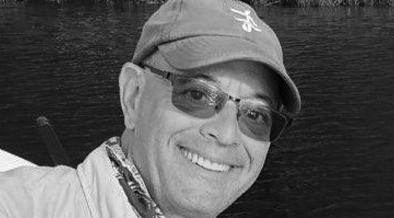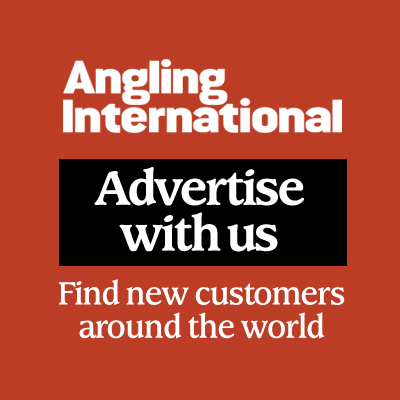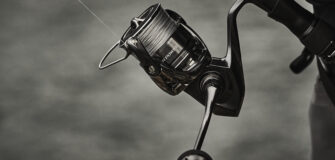Paul Eidman: Can recreational fishing and offshore wind farms coexist? A resounding ‘yes’
Share

Lessons learned from European experiences reveal how recreational fishing and wind turbines can do more than survive side by side — they can thrive.
The US offshore-wind industry is poised for massive growth. More than a dozen wind farms are being developed in federal waters off the East Coast. However, a question looms: Can recreational fishing and offshore-wind farms coexist? As a New Jersey-based recreational angler and fishing-charter business-owner myself, the answer is a resounding ‘yes’.
For the past four years, I have been researching offshore-wind power and talking to my fellow recreational fishing leaders and businesses about the potential impacts of offshore-wind turbine development on recreational fishing and how to address them.
When developed responsibly, offshore-wind power can coexist with — and even improve — fishing along the East Coast. Offshore-wind power can benefit recreational anglers if developed with our input in mind. In addition to reducing the carbon emissions that are driving climate change, the turbine structures will provide hundreds of fishable artificial reefs and current breaks that will attract numerous fish species.
We have seen from Europe the synergies between the recreational fishing and the offshore-wind industries, where fishermen and boats not only coexist with offshore-wind turbines, but thrive. The US can apply these lessons through collaboration between two important industries, with early dialogue and consistent communication between federal and state agencies and the project communities, and with regular monitoring and research.
At the first US wind farm off the coast of Rhode Island, the Block Island Wind Farm, we have seen that the areas at the base of the turbines have created artificial reef structures that almost instantly attract mussels first and then fish from the seabed to the surface. Since 2016, the local fishing fleets and related coastal economy in the region have benefited as a result.
At the same time, we cannot ignore the fact that the impacts of climate change are disrupting species migration and holding patterns, posing serious risks to the long-term future of recreational fishing and the species we rely on. As fishermen, we need to consider all solutions, including the potential of harnessing clean energy in our oceans.
Offshore-wind energy can be done right and serve as a solution for the long-term prosperity of the recreational fishing community and our ocean environment, provided strong environmental protections are in place throughout the development process.
With regular and consistent coordination among the key stakeholders, regulatory agencies and wind-farm developers, we can create thousands of local American jobs and breathe new life into coastal economies and beyond. Awareness of the benefits of developing this massive clean-energy source, and engagement with offshore-wind project developers and our state and federal regulators, will ensure this promising new industry moves forward responsibly.
We can really look forward to having new hot spots to fish for bluefish, mahi-mahi, black sea bass, cod and many others around these towers in the near future.
Captain Paul Eidman owns and operates Reel Therapy Fishing Charters in Monmouth County.












